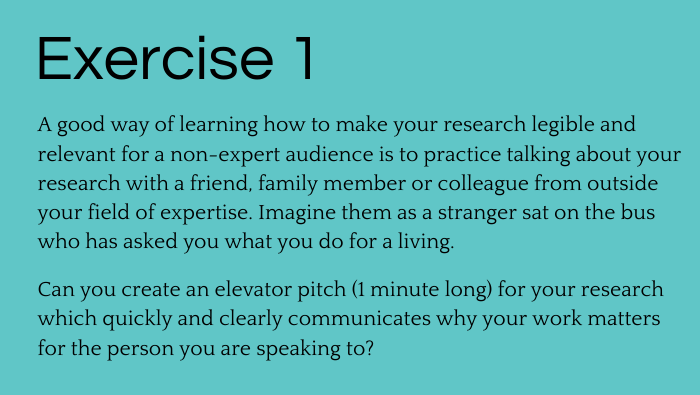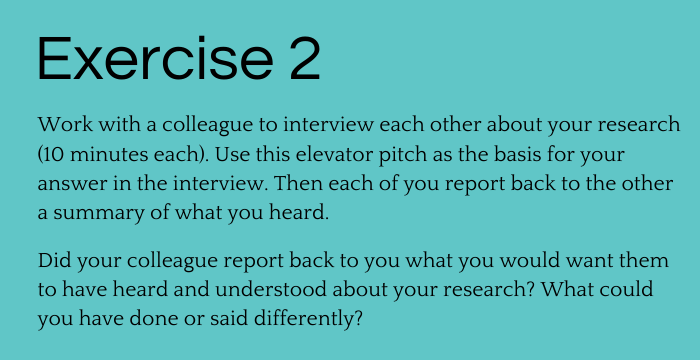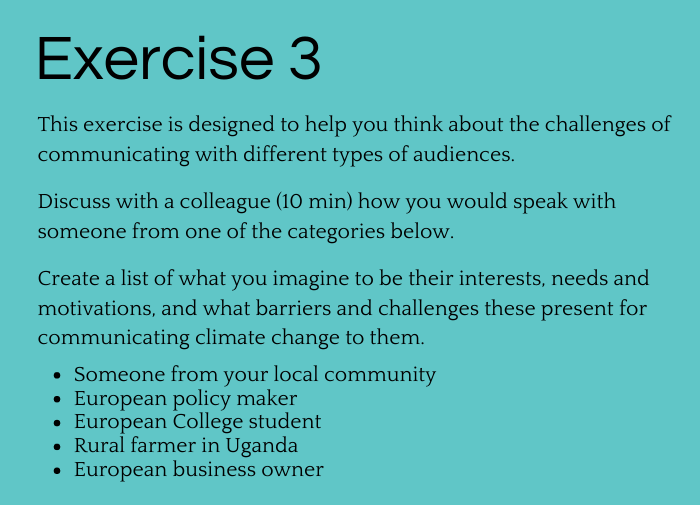Knowing your audience
You can get to know your audience better by taking time to reflect on these questions:
- Does your audience share your perspective and level of knowledge? Your wider views?
- Are there different ways you can ‘frame’ your message for different audiences, based on their knowledge of the subject and interests?
Getting to know what makes your audience tick will be important for building trust between you and your audience.
Trust and credibility – in both the message and the messenger – define the extent to which the public will pay attention to a scientific message, the belief they will have in the message and the level of support they will give to the policy implications of the science.
Whilst research shows consistently high levels of trust in scientists in Europe,1,2 scientists cannot automatically assume that they are seen as trusted experts when communicating scientific evidence with important policy implications.
Politically conservative groups are more sceptical of ‘impact scientists’, (e.g. climate scientists) who examine the environmental and health impacts of technology and industrial activities. These same groups hold greater trust in ‘production scientists’ such as engineers or chemists who produce new technologies and marketable products.
Getting to know your audience



The content of these webpages draws on a series of workshops created and developed by Climate Outreach and the Tyndall Centre for Climate Change Research as part of the Helix project.
1 Dunlap, R.E., Marquart-Pyatt, S.T., & McCright, A.M. (2016). Political ideology and views about climate change in the European Union. Environmental Politics, 25, 338–358. doi:10.1080/09644016.2015.1090371;
2 US National Science Board. (2016). Chapter 7: Science and technology: Public attitudes and understanding. In Science and Engineering Indicators 2016. Arlington, VA: National Science Foundation.
